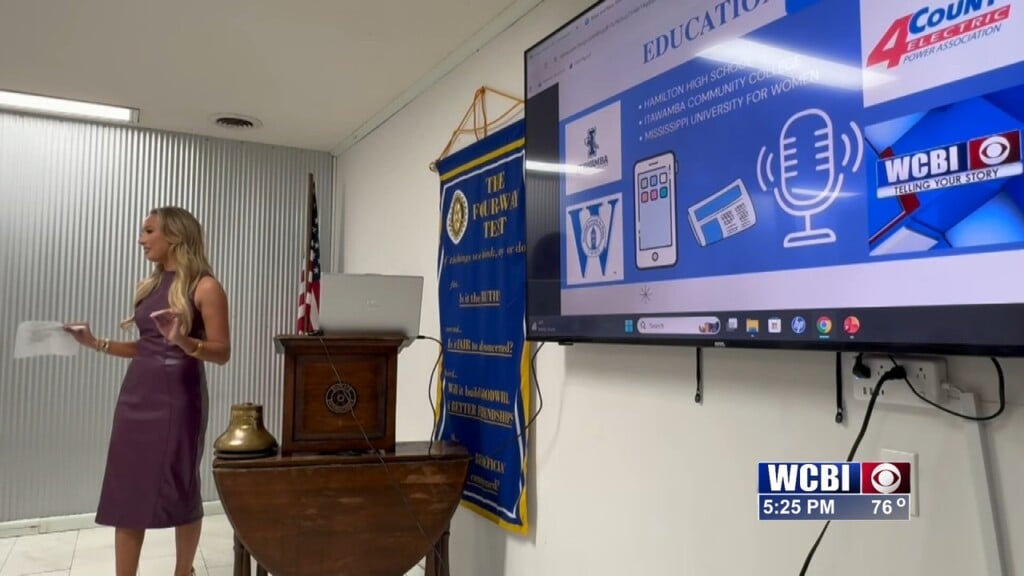Common Heart Medication Shows Promise Against Liver Cancer
Existing heart medication may help target deadly disease

OXFORD, Miss. (Press Release) – Sources from a University of Mississippi Press Release say that Liver cancer is the third-leading cause of cancer deaths worldwide, but a new study shows the solution to targeting this difficult-to-treat disease may already exist.
Yatendra Singh, a postdoctoral researcher at the University of Mississippi, found that plant-derived cardiac glycosides – compounds that are commonly used in heart medications – show promise to fight hepatocellular carcinoma. This disease is the most common form of liver cancer and most frequently affects men and individuals with chronic liver conditions such as cirrhosis.
Singh and co-author Arun Kumar Jajoriya, assistant professor at Suresh Gyan Vihar University, published their results in Pharmacological Research – Natural Products.
“We are surrounded by plants that face multiple biotic and abiotic stresses, such as pests, harsh weather and other environmental stresses,” Singh said. “To defend themselves, they produce special chemical compounds called secondary metabolites.
“Interestingly, many of these natural compounds also have therapeutic properties that can help in treating human diseases.”
One such group of natural compounds, cardiac glycosides, have long been used to treat heart diseases, but researchers recently discovered that they might also be useful for treating liver cancer.
Besides treatments such as surgery, radiation therapy and liver transplantation, the only FDA-approved drug for advanced liver cancer is sorafenib, but liver cancer commonly develops resistance towards sorafenib, Jajoriya said.
“The biggest challenge with liver cancer is that it’s usually diagnosed at a late stage,” Jajoriya said. “Even though it ranks sixth in how often it occurs worldwide, it’s the third leading cause of cancer deaths. That gap really highlights how limited our current treatment options are.
“Patients need better therapies that can improve survival and quality of life, which is why exploring new approaches is so important.”
Instead of testing the compounds directly in the lab, the researchers used network pharmacology to explore how cardiac glycosides might interact with human genes and proteins linked to liver cancer. This approach helps identify promising drug candidates faster and at lower cost before conducting lab experiments.
This approach identified five potential cardiac glycosides as drug candidates targeting three potential proteins responsible for hepatocellular carcinoma.
“If we did this the traditional way by isolating compounds and then performing biological studies, it would be very time-consuming and expensive,” Singh said. “But using network pharmacology, we can narrow down the list of compounds and evaluate the data efficiently and find potential targets for further research.”
These five potential new medications may be able to disrupt several of the key pathways liver cancer cells use to survive, but further testing is needed, Jajoriya said.
“Since they come from natural sources, they often cause fewer side effects compared to standard chemotherapy drugs, which makes them better candidates for future therapies,” he said.
Drug development is a slow process, often taking years to identify promising compounds and fully evaluate their potential and side effects. However, by cutting down on early screening through computational analysis, the researchers can focus on the most promising molecules to see how well they target cancer cells in real-world scenarios.
“This study lays a scientific foundation for developing natural product-based drugs against hepatocellular carcinoma,” Singh said. “Drug development is not easy as it requires numerous trials and experiments, but approaches like network pharmacology or machine learning can accelerate early drug discovery by revealing how natural compounds interact with complex disease systems.
“This can help move us faster toward effective new treatments.”




